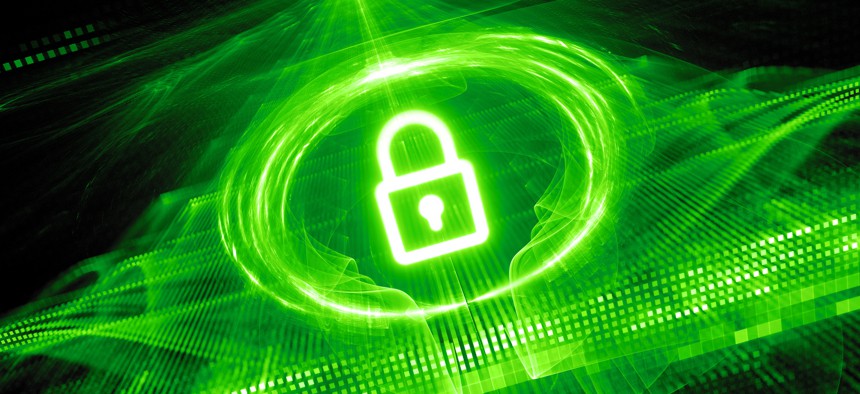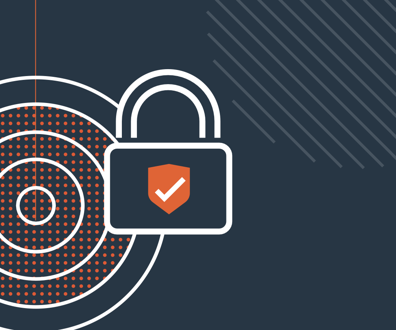Quantum Cryptography Market to Exceed $3B by 2028

sakkmesterke/Getty Images
The growth reflects rising concern about the potential threat posed by fully realized quantum computers.
The global quantum cryptography market will be worth an estimated $500 million in 2023, but—much like the rapidly evolving technology itself—the market is expected to grow rapidly over the next half-decade, according to a forecast issued by Ireland-based research firm MarketsandMarkets.
Issued in May, the forecast expects the quantum cryptography market to increase at a compound annual growth rate of more than 40% over the next five years, topping $3 billion by 2028. The forecast defines quantum cryptography as “a method of securing communication that uses the principles of quantum mechanics” to secure communication channels and data.
While the market for quantum cryptography products is expected to grow rapidly in the coming years, it’s already a highly competitive arena, in part due to the technical complexity required to commercialize the technology. The market includes companies that develop quantum standards, quantum random number generators and quantum key distribution systems.
The market’s growth mirrors interest in quantum cryptography—and quantum computing in general—across the government. Last November, the Office of Management and Budget released a memo outlining the need for federal agencies to begin migrating to post-quantum cryptography to prepare for the onset of commercialized quantum computers. The Government Accountability Office, which acts as the investigative arm of Congress, recently offered fuel to the fire of concern over quantum computers, stating that true quantum computers could break traditional methods of encryption commonly in use by industry and government agencies.
Not coincidentally, the government segment accounts for the largest quantum cryptography market share over the next five years.
“With the increasing use of mobility, government bodies across the globe have progressively started using mobile devices to enhance workers’ productivity and improve the functioning of public sector departments,” the forecast states. “They must work on critical information, intelligence reports and other confidential data. It can help protect sensitive data from hackers and provide a secure platform for conducting transactions and exchanging information.”






